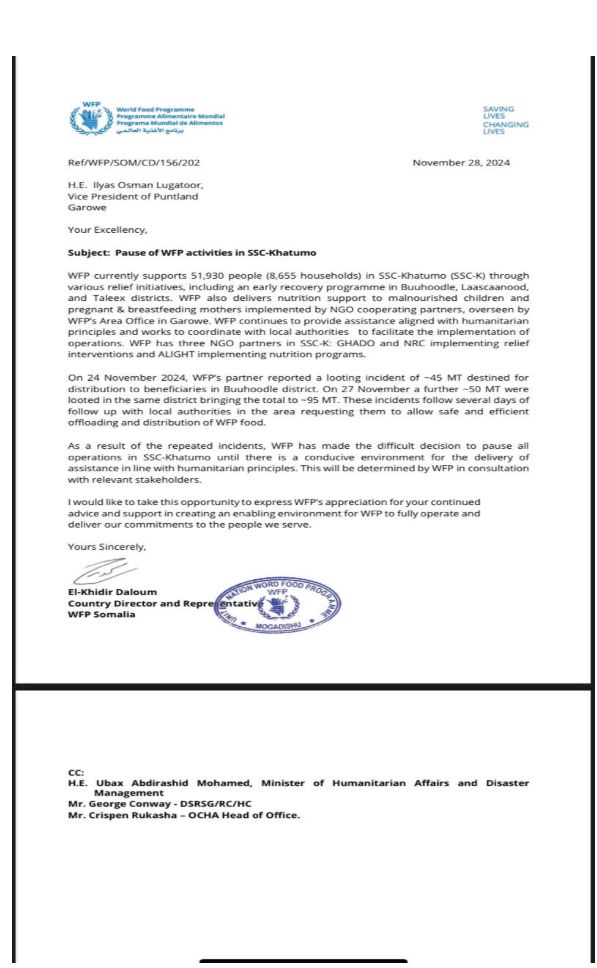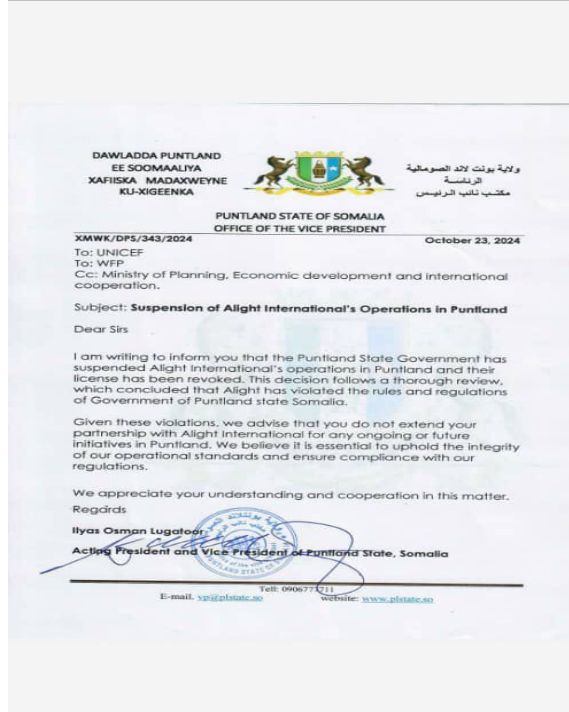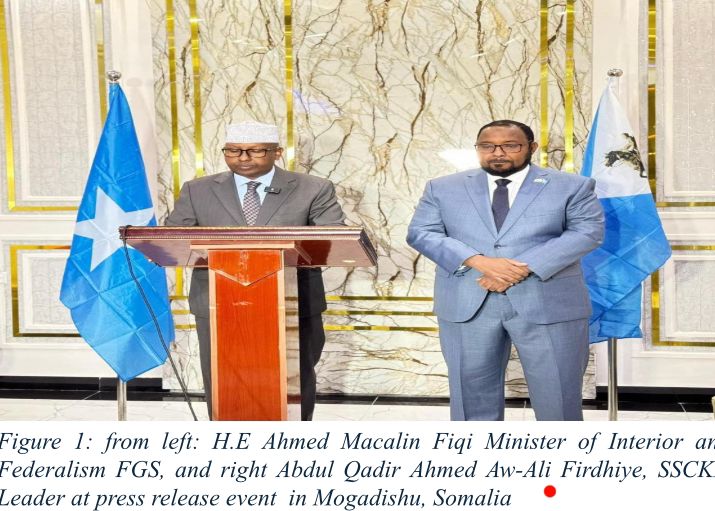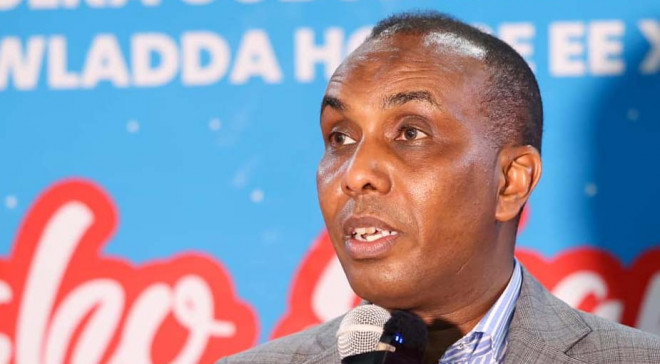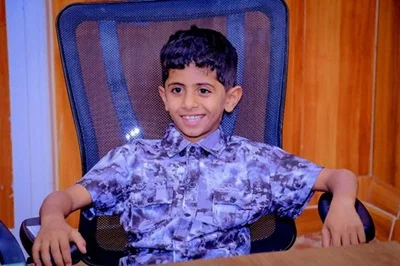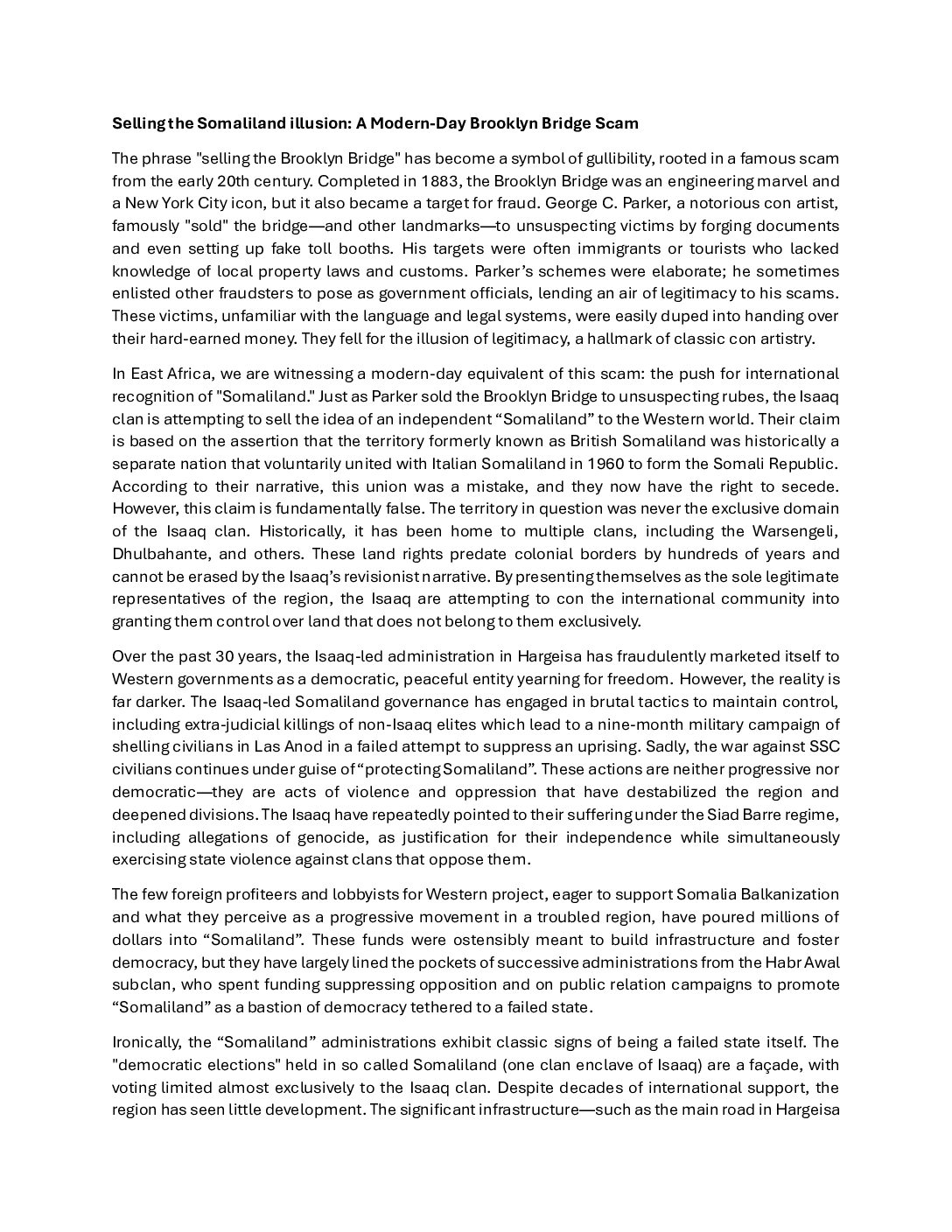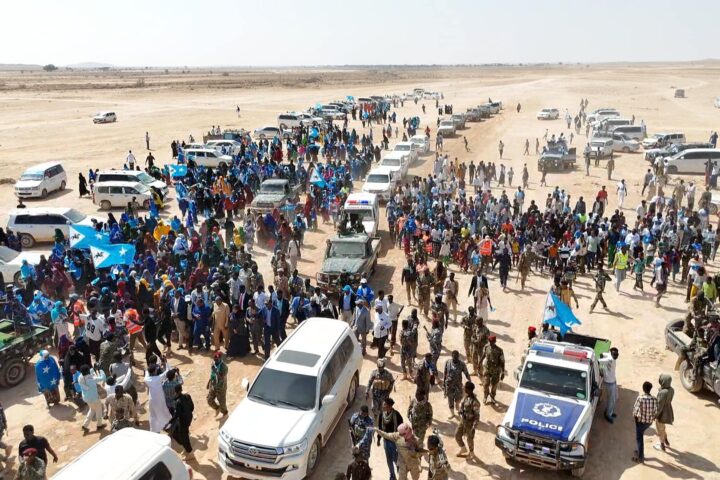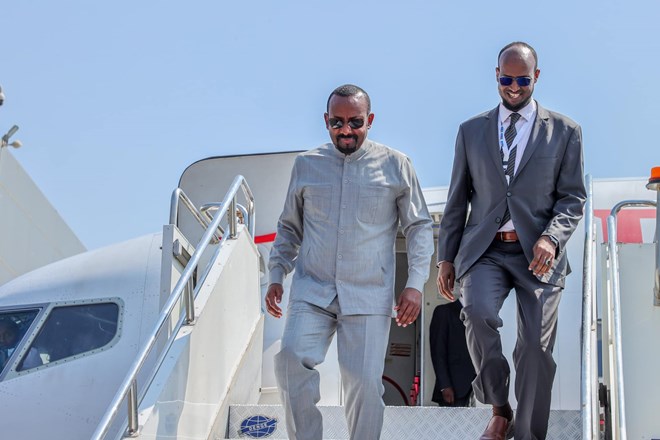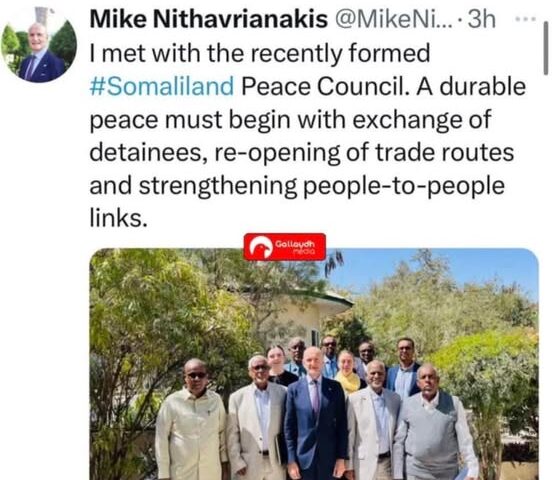The complexities of international aid often expose the intricate intersection of humanitarian efforts and political power struggles. In Somalia, where governance has long been fraught with dysfunction, territorial disputes and political opportunism frequently shape the management of aid programs.
The World Food Programme (WFP), a global humanitarian organization committed to alleviating hunger, has found itself at the center of political controversies in Somalia, particularly in the contested dynamics between Puntland and the newly recognized interim Federal State of SSC-Khatumo (Sool, Sanaag, and Cayn, Khaatumo).
What should have been a neutral operation to deliver aid has instead revealed how deeply political agendas can infiltrate humanitarian efforts, raising serious concerns about the impartiality of international organizations operating in fragile states.
Humanitarian Aid in a Politicized Landscape
Somalia’s federal system is built upon the clan-based “4.5 power-sharing formula.” Although originally designed to promote inclusivity and balance among the country’s clans, this system has often been exploited by political actors seeking to consolidate power for personal or factional gain. After weeks of consultations and discussions, on Feb 6th, 2023, the clans within SSC made a historic decision to unite their territories under a single banner.
The SSC leaders declared that they are not part of the separatist administration of Somaliland or Puntland, but rather are committed to the unity and cooperation of the Federal Republic of Somalia in accordance with Somalia Provisional constitution. This move culminated on 19th October 2023 when the Federal Government of Somalia officially recognized SSC-Khatumo as an interim Federal State, granting it administrative autonomy and marking a turning point for the region.
The emergence of SSC as an interim Federal State in October 2023 marked a pivotal moment in Somalia’s political landscape, garnering contingent support from President Said Abdullahi Deni, a prominent advocate for regional autonomy. However, this progress has encountered resistance from Puntland’s Vice President Ilyas Osman Lugatoor, who has sought to retain influence over SSC territories. Lugatoor has reportedly leveraged control over humanitarian aid as a tool to advance his personal political objectives, further complicating the region’s path toward self-governance.
The Controversial Convoy Incident
The WFP’s neutrality came under scrutiny following a convoy incident in SSC-Kh. Without consulting local authorities in Buuhoodle, a WFP aid shipment entered SSC territory, as stated in a WFP letter issued on November 28th, 2024, breaching standard protocols. This oversight led to the convoy being attacked and robbed by criminal elements. SSC authorities in Buuhoodle City responded swiftly, recovering part of the stolen goods and returning them to WFP contractors. However, instead of acknowledging the SSC administration’s role in salvaging the crisis, WFP chose to raise its security concerns with Puntland, which has no jurisdiction over SSC-Kh. This decision undermined the SSC government, suggesting a bias in favor of Puntland and casting doubt on WFP’s commitment to impartiality. The mayor of Buuhoodle publicly criticized WFP’s actions, emphasizing the importance of coordinating with local authorities to ensure the safe and effective delivery of aid.
Lugatoor’s Role in Aid Manipulation
The controversy is emblematic of a broader pattern under Vice President Lugatoor’s leadership. For over a decade, his office has overseen major international aid projects in Puntland, including those by WFP and UNICEF (see image 1: letter issued by Lugatoor). While this arrangement was originally intended to streamline aid delivery, it has allowed Lugatoor to wield significant influence over aid operations, often using them to bolster his political agenda. When Alight International sought to collaborate with SSC to implement humanitarian programs, Lugatoor intervened, directing WFP and UNICEF to suspend Alight’s operations. This action was a calculated effort to reassert the Vice President’s perceived influence over SSC and send a clear message to other organizations: aid operations in the region must align with his authority.
Optics of Bias and Fallout
The WFP’s decision to communicate with Puntland about the convoy incident, rather than SSC, compounded the perception of bias (see image 2: letter issued by WPF to Lugatoor). The Vice President’s office publicized WFP’s correspondence on social media, furthering the narrative that SSC remains under Puntland’s control. This public display undermined SSC’s nascent administration and exacerbated tensions over territorial authority. For international organizations like WFP, such missteps jeopardize their neutrality and credibility. By appearing to take sides in a regional power struggle, they risk alienating local administrations and compromising the very communities they aim to serve.
Conclusion
The WFP’s involvement in Somalia’s complex political landscape underscores the challenges of operating in regions where humanitarian aid is entangled with territorial disputes and power dynamics. To avoid further controversies, international organizations must prioritize neutrality, respect local governance structures, and ensure that their operations do not inadvertently become tools for political agendas. For SSC, asserting its authority over aid coordination will be crucial in establishing its legitimacy and safeguarding its sovereignty in the face of external pressures.
